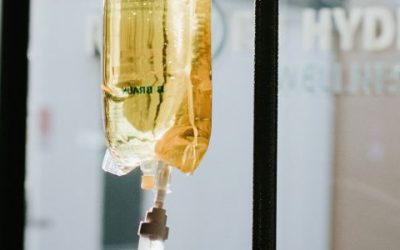Covid-19 and antibody tests are ramping up, and MERI is helping dispose of waste generated from these Coronavirus tests with pickup and mailback services.
As noted in our earlier blog, Madison Environmental Resourcing Inc. collects Covid-19 testing waste from the Wisconsin State Hygiene Lab as well as other laboratories throughout the Midwest.
Nationwide, testing sites that produce small amounts of Covid-19 and rapid antibody testing waste use MERI’s medical waste mailback kits to dispose of their infectious materials.
MERI’s Medical Waste mailback kits meet state and federal regulatory requirements for disposal. They include a manifest noting the generator name, address, type and waste weight being disposed of at a licensed treatment facility.
Testing items that should in the biohazard bag include:
- PPE that has been contaminated (i.e. blood, vomit)
- Used swabs or processed testing materials
- Gloves, masks that may have been exposed to the virus
Is the Medical Waste Different Between Covid-19 and Antibody Test?
The medical waste from a Covid-19 test is different from an antibody test simply because they are two completely different tests. Here’s a recap of each test and what the waste from each entails.
Covid-19 Test Determines if You Have Coronavirus
The COVID-19 test determines whether or not a person currently has the disease. Those likely to take this test are experiencing Coronavirus symptoms, such as:
- Fever (100°F or higher)
- Chills
- Cough
- Sore throat
- Shortness of breath/chest tightness
- Loss of taste or smell
- Runny nose
- Nasal congestion
- Headache
- Severe fatigue/exhaustion
- Muscle pain
Also known as a nasal pharyngeal swab test, the Covid-19 test detects the virus. Plus, it can identify a current infection.
This molecular test involves a long swab that must go up the nasal passage to collect mucus. The swab is then placed into a collection tube with a reagent before it is sent to lab for testing. After the lab completes its assessment, the material becomes medical waste. So, it must go into a biohazard bag. PPE worn throughout the process that is grossly contaminated also goes into a biohazard bag.
Antibody Test Determines If You Had Coronavirus
The antibody test is NOT a test for COVID-19. However, this test may be able to tell you if you already had it, or were previously exposed to it. Most importantly, it detects whether your body has antibodies needed to protect you from re-infection.
Those who had flu-like symptoms this past winter but were not tested for Covid-19 should probably take this test to see if, in fact, you had it. Or, you may want to get the antibody test if you had a positive Covid-19 test at least a month ago and are wondering if you now have antibodies.
Also called a serological test, the antibody test requires a blood draw. Some rapid antibody tests require just a little blood, as they use a lancet-like device to prick a fingertip for a centimeter worth of blood that is captured for testing. Clinics may require a bit more blood for in-house testing.
Either way, a needle is involved in the antibody test, and it must be properly disposed afterward, along with any materials that are contaminated with blood borne pathogens during the process.
Check Ahead Before Going in For Testing
Whether taking either test, be sure to plan ahead. Don’t just show up in an emergency room or urgent care clinic and expect an available test. Also, make sure to find out ahead of time if there is an out of pocket cost. That way, you’ll avoid any surprises other than the test result.
Finally, it is important to continue practicing social distancing, wash hands often and wear a face covering in public when going for testing.



